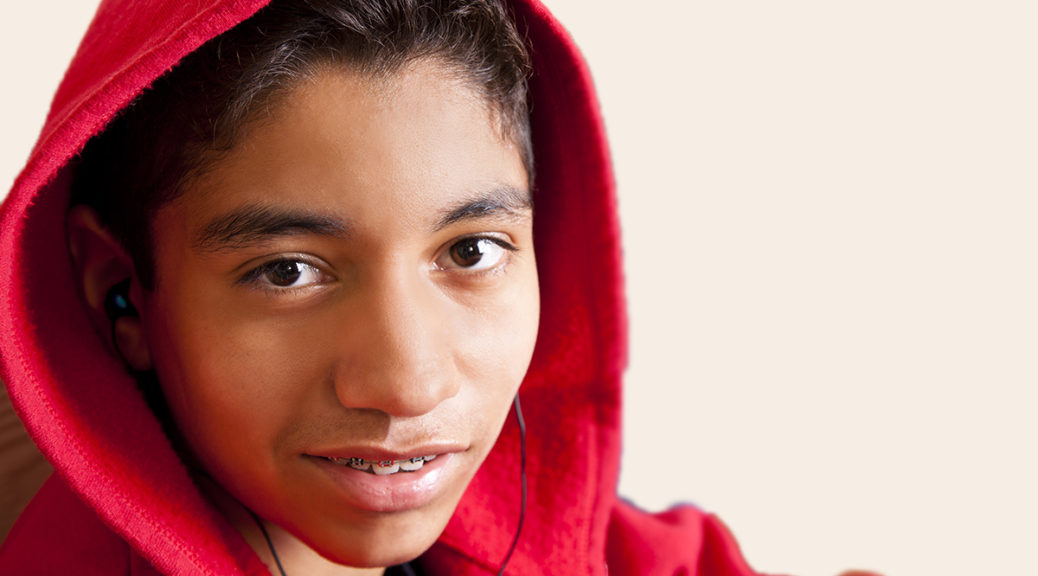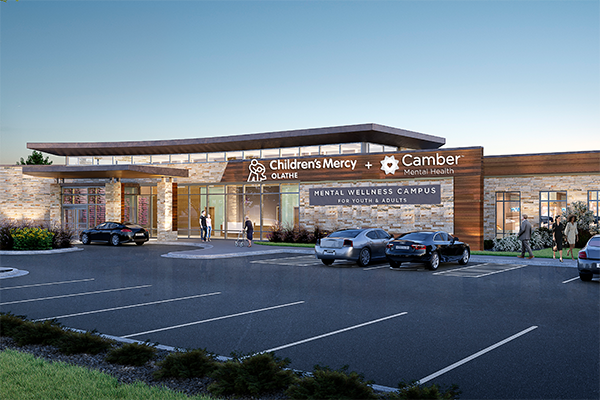Teen Learns Coping Skills for Success

 This story was selected as a winner during our 2017 summer story contest and was submitted by Dawn DeJarnette, Therapist at KVC Prairie Ridge Hospital in Kansas City, Kan.
This story was selected as a winner during our 2017 summer story contest and was submitted by Dawn DeJarnette, Therapist at KVC Prairie Ridge Hospital in Kansas City, Kan.
Theo was 13-years-old when he arrived at KVC Prairie Ridge Hospital for help. His family had sought treatment for him at various other facilities in Nebraska and Colorado before ending up here. Theo was aggressive towards others, had destroyed property and exhibited defiance towards all authority figures. He was diagnosed with Autism but found it hard to communicate how he was feeling.
When Theo was admitted to KVC, we discovered that he was taking a lot of prescribed medications. After the medical team evaluated Theo, they decided that the best course of action was to clean all of the medication out of his system in order to truly identify what he needed to be on. As this happened over the next few weeks, we also completed gene site testing to find out which medications were likely to work based on his genetic makeup.
Theo had been on so many medications and was really struggling to manage his behavior. He was unable to hold conversations and was all over the place when you tried to talk to him. When I met with Theo in therapy sessions, we discussed healthy ways to cope with his anger and how not to be aggressive towards others when he became frustrated. At KVC, we teach Emotion Regulation Drills which show youth different ways to calm themselves down and return to a regulated emotional state. These skills are customized for each child and teen depending on what works best for them. When I discussed these with Theo, I knew he would need something uniquely just for him. He loved to organize papers when he was anxious and so we worked on practicing that as a coping strategy. It worked for him. If you gave him legos to play with, he would be totally focused on completing a project that he was building. These were effective ways to refocus Theo and help him to regulate his emotions. Through his treatment at KVC, we were able to see that Theo wasn’t just a mad kid; he was also fun and quirky.
We completed our testing and worked with Theo’s family to got everyone ready for his discharge. Theo really wanted to return home before his birthday on July 23. His support team was also excited for him to safely return home, not only so he could celebrate his birthday with friends and family, but because setting a routine is helpful for individuals on the Autism spectrum. We all wanted him to succeed back at home and be comfortable before the school year started again.
For Theo, I think gene testing made a critical difference in his treatment at KVC as well as finding healthy ways for him to cope. Another key factor was being patient with him and letting him be himself. Theo didn’t destroy any property or show aggression or defiance during his time at the hospital. He improved dramatically in the way he reacted to challenging situations because of the work that we did with him. The staff helped find what worked for him, and if the unit got noisy as it tends to do, we pulled him away and talked to him. Toys such as legos and superheroes worked well. We also let him have comic books so that we can reach him through things that he liked.
Theo’s grandma was so excited each time she visited during treatment because previously she wasn’t able to have a conversation with him due to all of the medications he was on. Now, she can finally talk with her grandson and she loves it. When we told Theo he was going to go home, he started crying and saying that he was so happy.
I loved being able to help Theo shine. That strong, likable kid was always in there wanting to escape and show everyone how fun he was. KVC just had to help him communicate that and set him on a healthy, successful path.
*Name has been changed and a stock photo has been used to protect Theo’s identity.
Each year, KVC Hospitals serves thousands of children, teens, and adults who struggle with behavioral health challenges, depression, anxiety, trauma, substance abuse and suicidal ideation. Learn more about how our treatment engages and teaches new skills to youth to live a healthy life.





